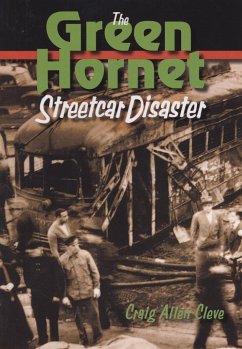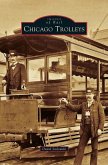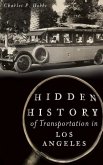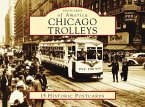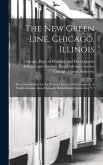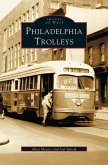As rush hour came to a close on the evening of May 25, 1950, one of Chicago's new fast, colorful, streamlined streetcars-known as a Green Hornet-slammed into a gas truck at State Street and 62nd Place. The Hornet's motorman allegedly failed to heed the warnings of a flagger attempting to route it around a flooded underpass, and the trolley, packed with commuters on their way home, barreled into eight thousand gallons of gasoline. The gas erupted into flames, poured onto State Street, and quickly engulfed the Hornet, shooting flames two hundred and fifty feet into the air. More than half of the passengers escaped the inferno through the rear window, but thirty-three others perished, trapped in front of the streetcar's back door, which failed to stay open in the ensuing panic. It was Chicago's worst traffic accident ever-and the worst two-vehicle traffic accident in US history. Unearthing a forgotten chapter in Chicago lore, The Green Hornet Streetcar Disaster tells the riveting tale of this calamity. Combing through newspaper accounts as well as the Chicago Transit Authority's official archives, Craig Cleve vividly brings to life this horrific catastrophe. Going beyond the historical record, he tracks down individuals who were present on that fateful day on State and 62nd: eyewitnesses, journalists, even survivors whose lives were forever changed by the accident. Weaving these sources together, Cleve reveals the remarkable combination of natural events, human error, and mechanical failure that led to the disaster, and this moving history recounts them-as well as the conflagration's human drama-in gripping detail.
Hinweis: Dieser Artikel kann nur an eine deutsche Lieferadresse ausgeliefert werden.
Hinweis: Dieser Artikel kann nur an eine deutsche Lieferadresse ausgeliefert werden.

